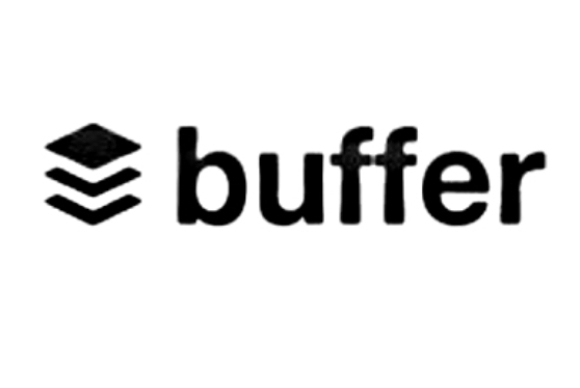How is your business or community adapting to radically changing marketplaces and society?
Speaker, writer and broadcaster Paul Wallbank has been at the forefront of helping businesses and communities find opportunities in this rapidly changing era for twenty years.
Paul’s presentations are lively, interactive and designed to both entertain and challenge audiences looking at how their companies, industries and communities are going to prosper in the connected century.
Some of the areas Paul covers are the workplace of the future, employment in the age of robots, how the internet of machines is changing markets and what technologies like cloud computing, social media and Big Data mean to your business.
All keynotes, presentations and workshops can be customised to suit your unique needs. Topics include;
Future Proofing your business
Decoding the new economy
Leadership in a digital era
Tools for the new economy
Why Broadband Matters
The Future of Business
You can view many of Paul’s presentations at his Slideshare site.
Previous presentations have included;
The future office. What will the office of the future look like?
Web 4 Free. Doing business on the web with a shoestring budget.
The elder guru; exploding the myths of the digital divide.
The top ten solutions for getting the most from small business IT
What does it all mean? cutting through computer jargon.
All presentations are available as keynotes or workshops and Paul will tailor the content to suit your organisation’s or industry’s unique characteristics.
Paul connects the dots to show how your industry, business and family are being affected by changing trends in technology, economics and global demographics.
In explaining trends and technologies such as the internet of everything, cloud computing, social networking and broadband technologies, Paul deciphers the jargon and helps audiences identify opportunities and understand the risks in the new economy.
If you’d like to find how your business or community group can get more from their technology contact Paul for more information.




